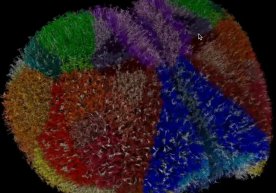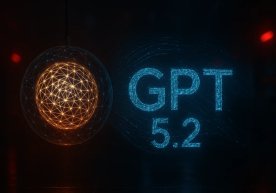
A large-scale study conducted by scientists at the University of California has shown that artificial intelligence (AI) has the ability to deceive people. In particular, the GPT-4.5 model managed to convince 73 percent of people who took the Turing test that it was a real person.
How was the study conducted?
The study was conducted in San Diego. It involved four artificial intelligence systems (LLaMa-3.1−405B, GPT-4o, GPT-4.5 and ELIZA) and 284 people. The participants were tasked with determining which of the two interlocutors was a bot after a five-minute conversation.
The test results were as follows:
- GPT-4.5 – convinced 73% of participants that it was a real person.
- LLaMA-3.1 – succeeded in 56% of cases.
- GPT-4o – was perceived as a human by people in 21% of cases.
- ELIZA – managed to deceive 23% of participants.
The secrets of GPT-4.5's success
According to scientists, the GPT-4.5 model achieved the highest results through personalization. When the AI presented itself as a young introvert, knowledgeable about Internet culture and jargon, people trusted it more. If this adaptation process was not carried out, its success rate dropped to only 36%.
Research findings and potential risks
Experts warn that such results could pose certain social risks. Artificial intelligence is already capable of communicating with humans, which could be widely used in customer support services, social networks, and online communication platforms.
Romantic chatbots, fake friends, and automated trolling systems are also emerging in real life. However, there are also positive opportunities in this regard - new ways are opening up for the automation of professions that require communication.
Is passing the Turing test a sign of “intelligence”?
To date, no AI system has consistently passed the classic three-way Turing test - a test in which an AI would have to directly argue with a human. However, GPT-4.5 is the first AI to do so. However, scientists emphasize that such success does not mean that AI has become "intelligent." Successfully passing the Turing test does not indicate the intellectual ability of artificial intelligence, but its success in imitating humans.
According to the results of the study, the impact of AI on human life may increase in the future. This indicates the need to develop new rules and laws for its use and control. Read “Zamin” on Telegram!
Ctrl
Enter
Found a mistake?
Select the phrase and press Ctrl+Enter Related news
Information
Users of Меҳмон are not allowed to comment this publication.
Users of Меҳмон are not allowed to comment this publication.














